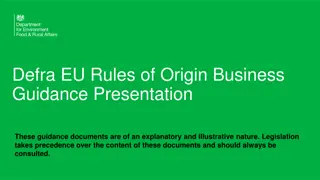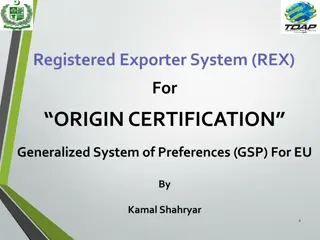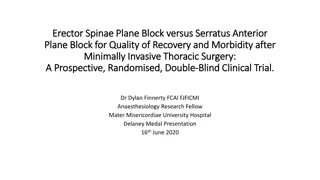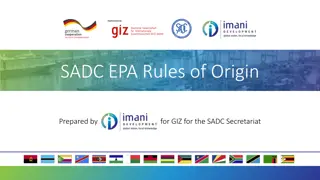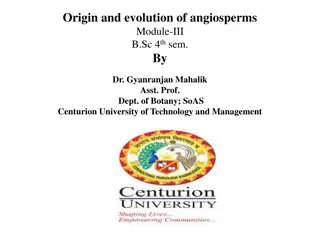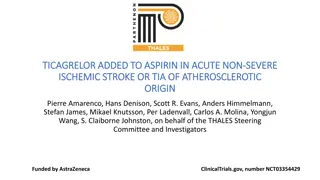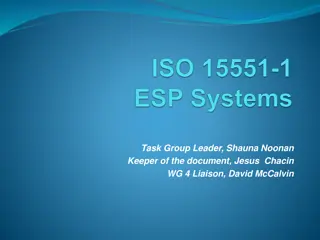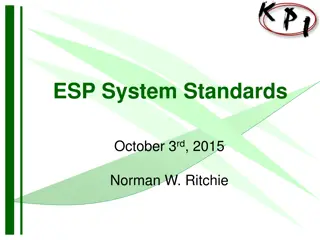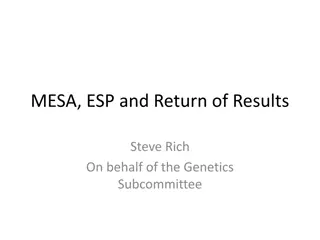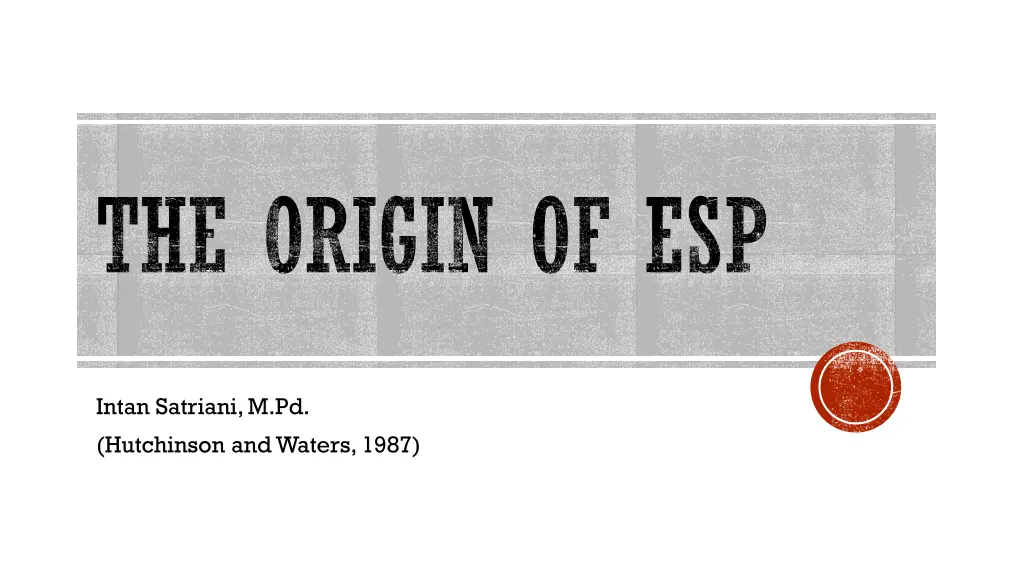
Revolution in Linguistics and Global Language Demands
Explore the revolution in linguistics and the impact of English as the global language, from the post-World War II era to the oil crises of the 1970s. Discover how the focus shifted to real communication and specific language needs in various fields like science and technology.
Download Presentation

Please find below an Image/Link to download the presentation.
The content on the website is provided AS IS for your information and personal use only. It may not be sold, licensed, or shared on other websites without obtaining consent from the author. If you encounter any issues during the download, it is possible that the publisher has removed the file from their server.
You are allowed to download the files provided on this website for personal or commercial use, subject to the condition that they are used lawfully. All files are the property of their respective owners.
The content on the website is provided AS IS for your information and personal use only. It may not be sold, licensed, or shared on other websites without obtaining consent from the author.
E N D
Presentation Transcript
THE ORIGIN OF ESP Intan Satriani, M.Pd. (Hutchinson and Waters, 1987)
Particulars are not to be examined till the whole has been surveyed. (Dr. Samuel Johnson: Preface to Shakespeare)
OUTLINE OF THE PRESENTATION The demands of a Brave New World A revolution in linguistics Focus on the learner
THE DEMANDS OF A BRAVE NEW WORLD The end of the world war in 1945 heralded an age of enormous and unprecedented expansion in scientific, technical, economic, and technology. Demand of International Language (English)
Effect Mass of people wanting to learn English, because it was the key to International currencies of technology and commerce. English became the accepted International language of technology and commerce.
Created a new generation of learners who knew specifically why they were learn language. Mechanics Businessmen and women To sell their product To read instruction manuals They need to comprehend textbook or journals only available in English
Oil Crises of the early 1970s Development accelerated General Effect Exert pressure on the language teaching profession to deliver the required goods.
A REVOLUTION IN LINGUISTICS Aim of linguistics Rules of English usage Grammar
The new studies shifted attention away from defining the formal features of language usage to discover the ways in which language is actually used in real communication (Widdowson, 1978) Research of descriptions of written scientific and technical English (Ewer and Latorre, 1969) Swales (1985) presents an article by C.L. Barber on the nature of Scientific Englishwhich was published as early as 1962. Ewer and Latorre (1969) Swales (1971) Selinker and Trimble (1976) English for Science and Technology (EST) English for Specific Purposes Analysis of doctor-patient communication by Candlin, Bruton and Leather (1976)
FOCUS ON THE LEARNER Learner were seen to have different needs and interest, which would have an important influence on their motivation to learn and therefore on the effectiveness of their learning. Support to the development of courses in which relevanceto the learners needs and interests. English course to their needs would improve the learners motivation and thereby make learning better and faster. Text for learners specialist area Text about Biology for Biology students
DISCUSSION Why was ESP introduced in your country or teaching institution? What kinds of ESP are taught?









